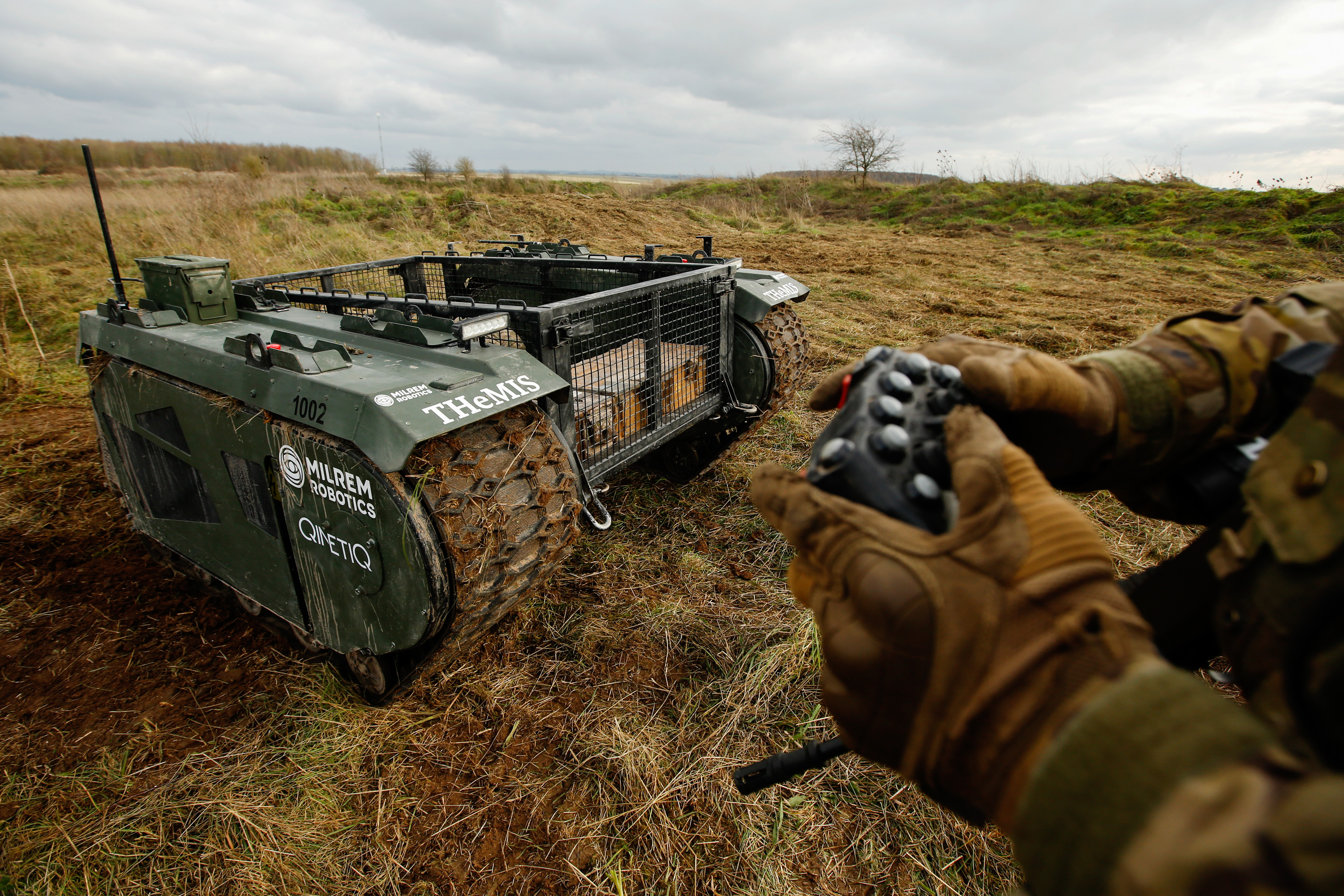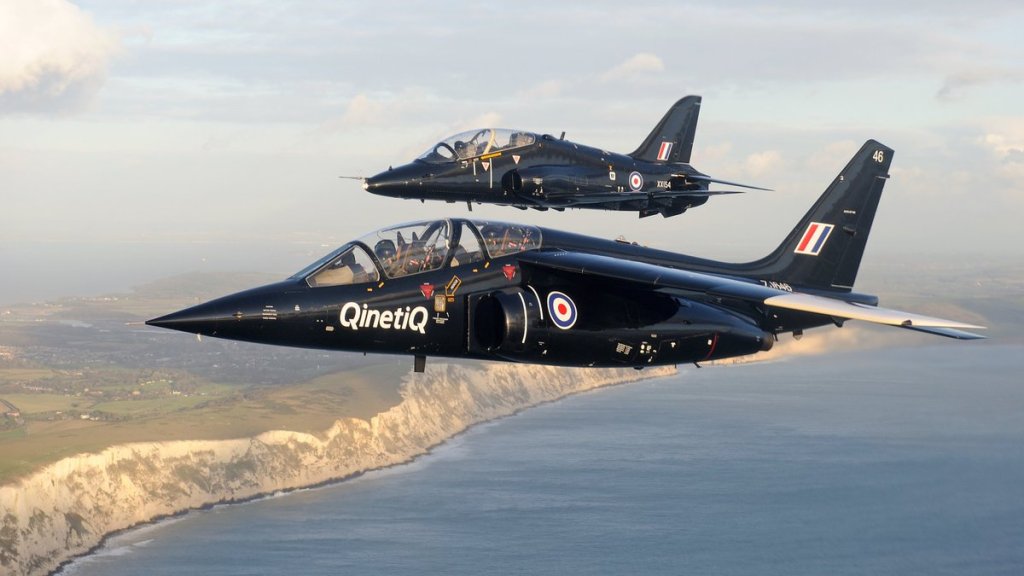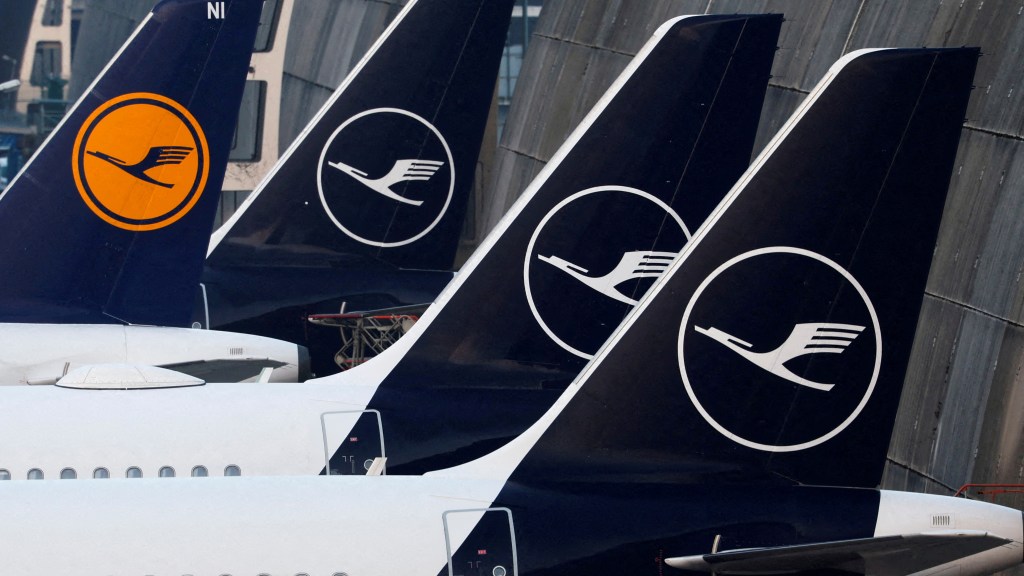Qinetiq Shares Plummet 20% Amid UK and US Defense Delays
A prominent defense firm in the UK has caught investors off guard, issuing a warning that its revenue and profits for the full fiscal year will fall short of expectations. This shift comes as the company announced a £140 million impairment charge concerning its operations in the US, along with a revised sales forecast.
In a surprise trading update on Monday, Qinetiq reported that the challenging trading environment in its third quarter continued, causing its share price to drop significantly; the shares fell by 108p, equating to a 20.6% decrease, closing at 416½p.
According to the company, “The issues have impacted short-cycle projects in our UK intelligence and US sectors, leading to further postponements in contract awards. Additionally, the current geopolitical instability has affected our typical fourth-quarter revenues from higher-margin product sales in the US.”
Qinetiq has adjusted its organic revenue growth projection for the fiscal year ending in March to approximately 2%, with a profit margin anticipated at 10%, this includes an adjustment for one-off costs estimated between £25 million to £30 million.
For 2026, the firm has forecasted a sales growth of between 3% and 5%, with projected margins ranging from 11% to 12%. Qinetiq has further detailed plans to extend its share buyback scheme, allotting up to £200 million over the next two years.
The company revealed it is reconsidering its US operations, preparing for a possible restructuring. This has led to the significant goodwill impairment charge.
Qinetiq explained, “In light of the difficult US market conditions, and in the course of our year-end balance sheet review process, we identified several one-off non-cash charges and provisions mainly related to inventory and cost recovery in our legacy US operations.”
Jefferies bank analysts have projected that following this announcement, the consensus earnings forecast for Qinetiq in its 2025 financial year might decrease by approximately 20%.
The FTSE 250 company was initially aiming for organic revenue growth of 7% but has revised its expectations downward to 2%. Profit margins are also projected to be lower than prior estimates.
Founded in 2001 when the Ministry of Defence divided its Defence Evaluation and Research Agency (Dera), Qinetiq became publicly traded on the London Stock Exchange in February 2006 after the Carlyle Group divested its stake. Headquartered in Farnborough, Hampshire, the company employs around 8,500 individuals globally.
The UK defense sector constitutes roughly 50% of Qinetiq’s total revenue, with UK intelligence contributing about 25%, while the global solutions division, mostly centered in the US, accounts for the remaining 25%.
In the past year, rising geopolitical tensions, particularly concerning Ukraine and the Middle East, have positively influenced defense stock performances. Recently, increased expectations around heightened defense budgets in the UK and EU have arisen after former President Trump urged allies to bolster their own defense capabilities.
Shore Capital analyst Jamie Murray noted that the expansion of Qinetiq’s share buyback program signals the company’s confidence in its medium-term outlook, notwithstanding the existing volatility.
He further stated that both the revenue growth and profit margins have been impacted by the UK’s strategic defense review and anticipated budget reductions for defense in the US under the previous administration.
The Labour government initiated a review of the nation’s defense capabilities in July 2024, led by Lord Robertson, a former defense secretary and NATO secretary-general, with plans to augment defense expenditure to 2.5% of GDP starting in April 2027.
According to Jefferies, the profit warning suggests that Qinetiq will need to work on restoring investor confidence during a period when competitors have been experiencing share price increases. The ongoing geopolitical uncertainties are adversely affecting sales within the global solutions division, which specializes in threat simulations and technology services and generally yields higher profit margins than other business segments.
Overview of Qinetiq’s History
The inception of Qinetiq can be traced back to 2001, when Lewis Moonie, then a junior minister at the Ministry of Defence, declared the reorganization of the Defence Evaluation and Research Agency (Dera) (as reported by Emma Taggart).
Dera was divided into two entities; the privatised portion evolved into Qinetiq, while the remainder became the Defence Science and Technology Laboratory. Although the government planned to float the company by 2002, it postponed due to unfavorable stock market conditions.

Later, the Carlyle Group, a US-based private equity firm, acquired a stake in Qinetiq, finalizing a purchase of a 31% share for £42 million in February 2003.
The transaction came under scrutiny from the National Audit Office due to concerns regarding the undervaluation of shares sold to Carlyle. The report’s author, Sir John Bourn, remarked, “While the privatization of Qinetiq secured viability for a business of national significance and yielded £500 million for taxpayers, I believe more financial return could have been achieved for the public.”
Subsequently, Qinetiq made its public debut on the London Stock Exchange in February 2006, initially priced at 200p per share. The IPO was met with controversy, as reports suggested Carlyle and Qinetiq’s former civil service management team profited significantly from the listing.
Speculation surrounds the origin of Qinetiq’s name, with myths suggesting a connection to Q, a character in the James Bond films associated with research and development. However, the company cites its name as derived from the scientific term “kinetic,” which pertains to motion.




Post Comment